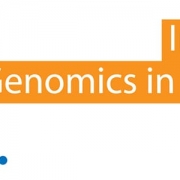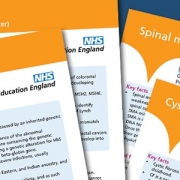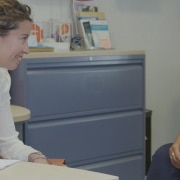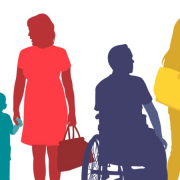Nursing in the 21st century: demystifying rare disease
Learn how genomics is improving diagnosis of rare diseases, and the role nurses can play in the patient journey in our @WeNurses chat on 28th February
Rare diseases are individually rare but collectively common, with 1 in 17 people in the UK affected by a rare disease. It is thought that 80% of all rare disease occurs due to changes in an individual’s DNA. Thanks to advances in technology, many of these changes can now be identified through reading all of a person’s DNA – their genome.
Achieving a diagnosis of a rare disease can often be a long and complicated journey. Projects such as the 100,000 Genomes Project are showing the true potential of genomic analysis and the impact it can have on an individual and their families, providing answers where previously there were none.
How will nurses play their part?
The NHS aims to be a world leader in delivering genomic healthcare. Genomic information can help in making a rare disease diagnosis and support management and treatment decisions. Nurses play a key role throughout this patient journey, and need to be ready with the tools required to communicate genomic information, understand the implications of results, and provide appropriate support.
What do nurses think?
Using the @WeNurses platform, HEE’s Genomics Education Programme would like to engage with the nursing community to ask:
- How often do you encounter patients with a rare disease in your practice?
- What role should nurses play in supporting these patients and their families?
- Have you sought consent from a patient for a research project on rare disease?
- How confident would you feel in talking to a patient about how genomics can help in diagnosis and treatment?
- What helpful advice do you have for talking with patients and their families about rare disease?
Join our webchat hosted by @WeNurses on Tuesday 28th February at 8pm to learn more.
You can also view our video Rare Disease: A family’s journey, which was launched to mark Rare Disease Day in 2015.









